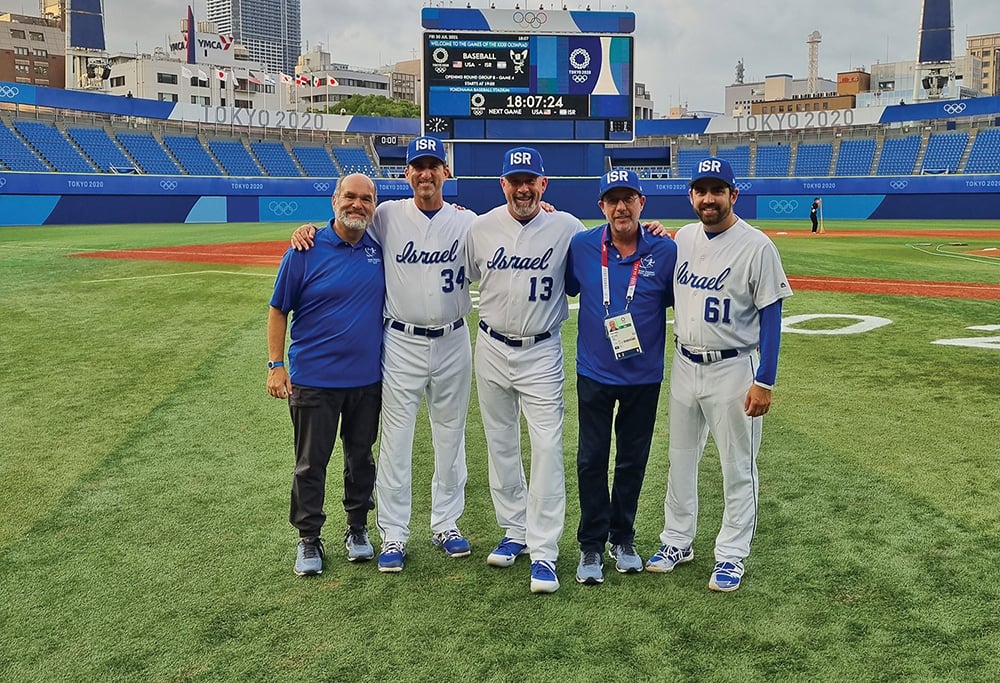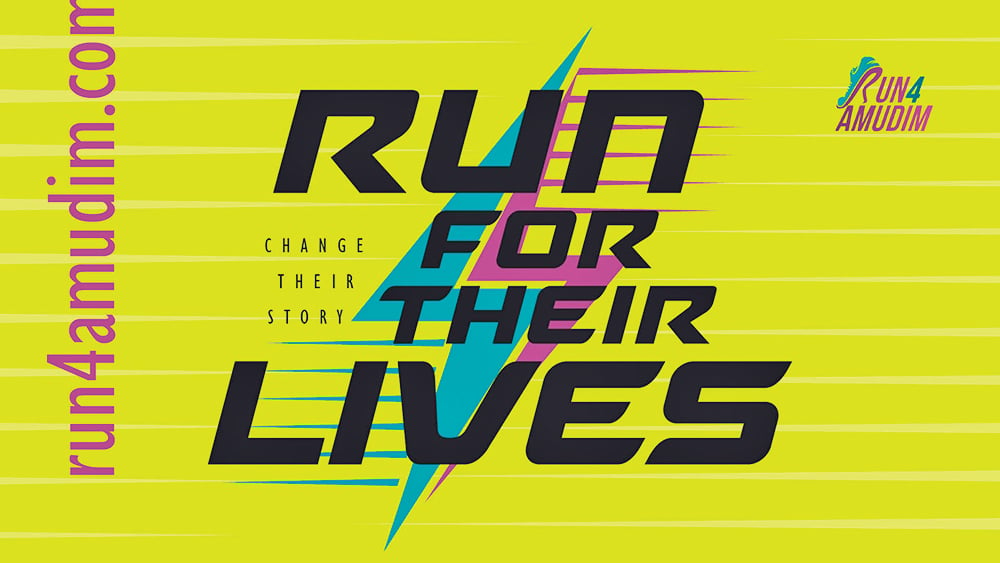Last week, my daughter sent me a video of my 3-year-old twin grandsons watching their minivan go through the car wash. They were shrieking with excitement as water and soap squirted all over. As a child, I also loved sitting inside the car as it went through a car wash. I felt like I was in an amusement park ride.
The car wash analogy comes to mind, as we read Parshas Parah this Shabbos. The Gemara Yerushalmi says that when Parshas Parah is read from the Torah, a spirit of purity descends upon the world. We are getting “scrubbed clean.”
How does the reading of Parshas Parah cleanse us? Rav Gedalya Schorr explains that if we listen properly to the reading, the message will penetrate deep inside of us and grant us a great sense of purity. The mitzvah of parah adumah (red heifer) was given to Klal Yisrael as a remedy for the sin of the egel hazahav (golden calf). Rashi quotes the midrash that says, “Let the mother (the parah adumah) come and clean up the mess of the baby (the egel).”
When Klal Yisrael received the Torah at Har Sinai, they reached the level of Adam in the garden of Eden before the primal sin—they would, henceforth, live forever! After the sin of the golden calf, however, they lost that lofty level and once again were subject to death.
In short, Klal Yisrael got caught “red-handed.” Moshe came down the mountain and saw them dancing around the Eigel. When Moshe smashed the luchos in front of them, they thought they were finished for good—no recourse. The actual result was that Klal Yisrael would live and die like all other humans. When a person passes away, it seems that he is lost from the world. The concept of tumas meis (defilement of a person who comes in contact with a deceased person) is a result of encountering the idea that the person is dead and has no more hope. Klal Yisrael felt that way after the sin of the golden calf.
The process of purification via the parah adumah was given to show Klal Yisrael that even the biggest mess can be cleaned up. The mitzvah instills in a person the emunah (faith) that the life of a Jew can always be helped by Hashem. When all appears lost and hopeless, the parah adumah reconnects us to purity and life. We are sprinkled with ashes of the parah mixed into mayim chaim (living spring water) to demonstrate that there still is life for us.
Defilement by a dead body is a foreign concept to us. Torah, mishnayos and Gemara discuss its halachos—but little applies to us nowadays—as we are all considered tamei meis. A kohen must still be careful, as he is forbidden from coming in contact with a dead body. Kohanim can’t be inside a building that contains a dead body or drive by a cemetery whose tree branches overhang both graves and the street.
To the world at large, the sanctity of the body after death is equally foreign. Most non-Jews cremate rather than bury the dead nowadays—reducing the body to nothing. The Jewish concept of death and the human body is fundamentally different. We see great sanctity in the human body, and we know the neshama (soul) will return to it when Hashem decrees that it’s time.
Shushan Purim was the first yahrzeit of Rav Chaim Kanievsky, zt”l. In speaking to a friend of mine, he expressed that many people feel bad that they can’t accomplish what Rav Chaim accomplished. I don’t see that as an issue; Rav Chaim had amazing capabilities that we simply don’t have! We should remember that it’s not how much we learn, but how we learn that counts: setting goals, applying oneself fully and being excited in our learning. Those are lessons of Rav Chaim that we can take with us each day!
Parshas Parah lifts us up even after cheit haegel (sin of the golden calf). After it seemed all over for us, Hashem lifted us up. The Almighty gave us the mitzvah of parah adumah to make clear that we must never lose hope—never give up. Inside of us is something so pure that even contact with death cannot extinguish it.
We should end this Shabbos feeling elated and happy—as we realize that we are beloved to Hashem at every hour—however dark it may seem. Hashem is always there, giving us a lifeline of hope.
Rabbi Baruch Bodenheim is the associate rosh yeshiva of Passaic Torah Institute (PTI)/Yeshiva Ner Boruch, where he leads a multi-level Gemara learning program. PTI has attracted adult Jews of all ages from all over northern New Jersey for its learning programs. Fees are not charged, but contributions are always welcome. Rabbi Bodenheim can be reached at [email protected]. For more info about PTI and its Torah classes, visit www.pti.shulcloud.com












